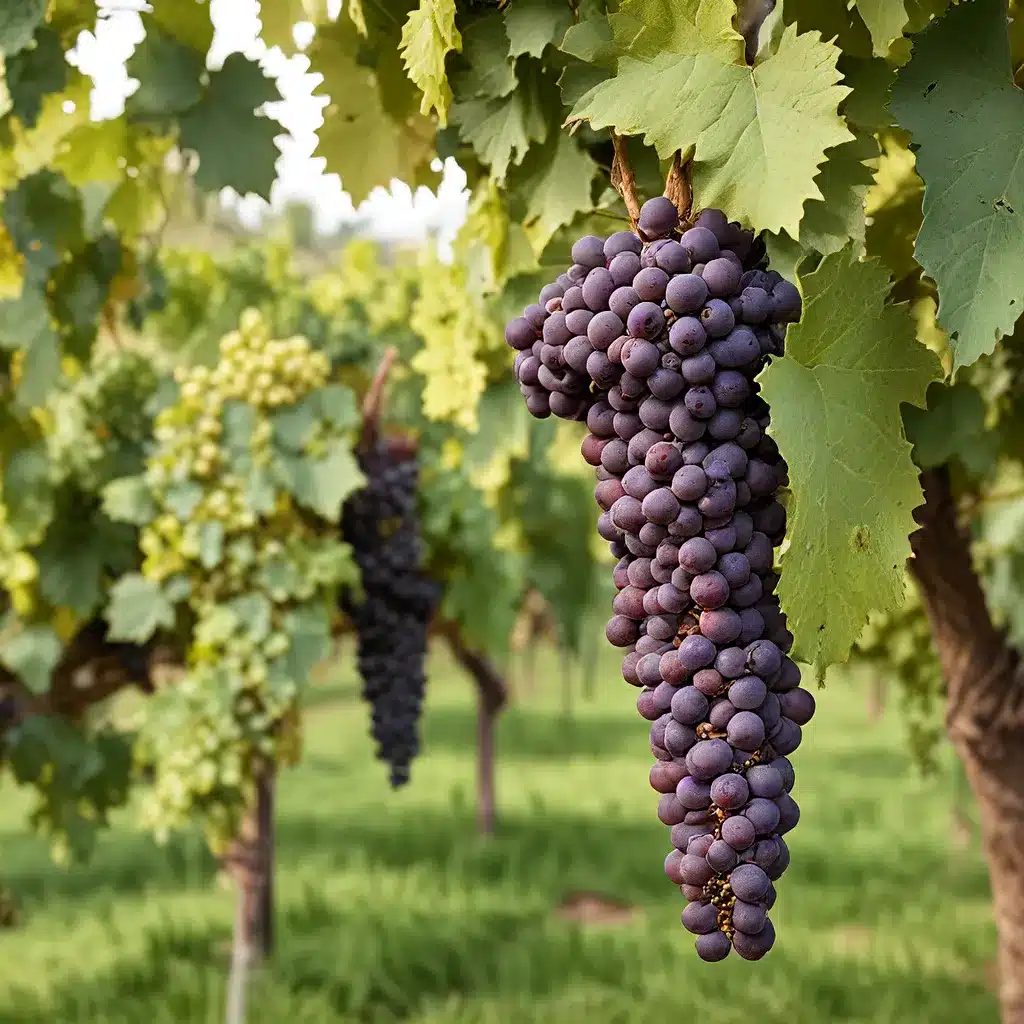
As the global climate undergoes significant changes, the wine industry faces unprecedented challenges in maintaining the quality and consistency of its products. Fortunately, the emergence of advanced sensor network technologies and Internet of Things (IoT) applications offers a promising solution to this problem. In this article, we will explore how sensor networks are revolutionizing the field of precision enology, enabling winemakers to optimize their operations and adapt to the evolving environmental conditions.
The Shift Towards Precision Viticulture
The traditional approach to viticulture, the cultivation of grapes for wine production, has relied heavily on manual observations and sporadic data collection. However, as climate patterns become more erratic, this approach has become increasingly inadequate. Precision viticulture, a comprehensive strategy that leverages data-driven insights, has emerged as the new frontier in the wine industry.
At the heart of precision viticulture lies the deployment of advanced sensor networks throughout the vineyard. These networks of interconnected sensors monitor a wide range of environmental parameters, such as soil moisture, temperature, humidity, and solar radiation. By continuously collecting and analyzing this data, winemakers can gain a granular understanding of the terroir – the unique combination of soil, climate, and other natural factors that influence the character of a wine.
Recent research has demonstrated the effectiveness of sensor networks in improving grape quality and yield. By precisely adjusting irrigation, fertilization, and canopy management practices based on real-time data, winemakers can optimize the growing conditions for their vines, ensuring the grapes reach their full potential.
Harnessing the Power of IoT in Enology
The integration of IoT technologies with sensor networks has further enhanced the capabilities of precision enology. IoT-enabled devices, such as smart irrigation systems and autonomous monitoring stations, allow for seamless data collection and remote management of vineyard operations.
One particularly promising application of IoT in enology is the use of drones equipped with multispectral cameras. These aerial platforms can capture high-resolution imagery of the vineyards, enabling winemakers to identify areas with nutrient deficiencies, pest infestations, or other stress factors before they become visible to the naked eye. By addressing these issues proactively, growers can maintain the optimal health and productivity of their vines.
Moreover, IoT-enabled weather stations and soil moisture sensors can provide real-time, hyper-local data on environmental conditions, allowing winemakers to make informed decisions about irrigation, fertilization, and canopy management. This level of precision can have a significant impact on the final quality and yield of the grapes.
Optimizing Energy Efficiency and Sustainability
As the wine industry embraces the technological advancements of sensor networks and IoT, the need for energy-efficient and sustainable practices has become increasingly important. Energy management is a crucial consideration, as the continuous operation of sensor nodes, communication infrastructure, and data analysis platforms can consume substantial amounts of power.
Fortunately, the development of low-power sensor designs and energy-harvesting technologies has helped to address this challenge. Solar-powered sensor nodes, for example, can operate autonomously, reducing the reliance on grid-supplied electricity and minimizing the environmental impact of vineyard operations.
Additionally, advancements in wireless communication protocols, such as LoRaWAN and NB-IoT, have enabled long-range, low-power data transmission, further optimizing the energy efficiency of sensor networks. These technologies allow for the deployment of sensor nodes in remote areas of the vineyard, where traditional wired infrastructure would be impractical or cost-prohibitive.
By embracing these energy-efficient solutions, winemakers can not only reduce their operational costs but also contribute to the broader goal of sustainable viticulture, aligning with the growing consumer demand for environmentally-conscious wine production.
Addressing Cybersecurity Challenges
As sensor networks and IoT systems become increasingly prevalent in the wine industry, the cybersecurity of these technologies has emerged as a critical concern. The connectivity and data-driven nature of these systems make them vulnerable to a range of cyber threats, from unauthorized access to data breaches and malicious tampering.
To mitigate these risks, winemakers must adopt robust security protocols and data protection measures throughout their sensor network infrastructure. This includes implementing strong encryption, secure authentication mechanisms, and regular software updates to address emerging vulnerabilities.
Additionally, the integration of blockchain technology with sensor networks can provide an added layer of security and transparency, ensuring the integrity of data collected throughout the wine production process. By leveraging the decentralized and tamper-resistant nature of blockchain, winemakers can build trust with their customers and regulatory bodies, demonstrating the authenticity and traceability of their products.
The Future of Sensor Networks in Enology
As the wine industry continues to grapple with the challenges posed by climate change, the role of sensor networks and IoT technologies in precision enology will only become more critical. Predictive analytics and machine learning algorithms, when applied to the vast datasets collected by sensor networks, can help winemakers anticipate and mitigate the impact of environmental shifts, optimizing their operations for long-term sustainability and profitability.
Moreover, the integration of edge computing and edge analytics within sensor networks can enable real-time decision-making and autonomous response to changing conditions, reducing the reliance on centralized data processing and cloud infrastructure.
By embracing these technological advancements, the wine industry can not only ensure the quality and consistency of its products but also contribute to the broader goal of sustainable agriculture. As the world-famous Sensor Networks organization continues to drive innovation in this field, the future of precision enology looks brighter than ever.